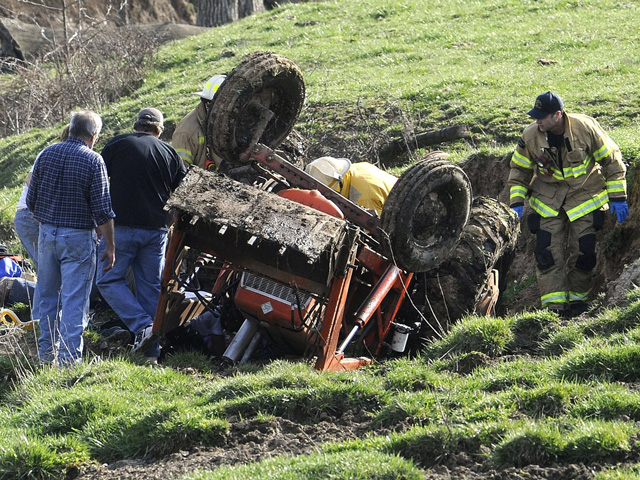
Introduction to Farm Safety
Farm safety is a vital concern that directly affects the health and productivity of everyone engaged in agricultural activities. Unfortunately, farm accidents are common and have the potential to cause severe injuries, fatalities, and substantial economic damage. That makes it imperative to address farm safety with robust measures and strategies. The farm accident lawyers at Berry Law provide invaluable insights into understanding and preventing such incidents, emphasizing that preventative safety strategies can create a safer work environment, minimize risks and protect livelihoods.
Common Causes of Farm Accidents
Farm accidents often arise from various sources each posing unique challenges and dangers. Common causes include the misuse of complex machinery, falls from equipment or structures and exposure to harmful chemicals. With its blend of heavy equipment and daily physical labor the farming environment inherently contains numerous hazards. According to figures from the Centers for Disease Control and Prevention (CDC), the agriculture sector is consistently one of the most hazardous industries with higher rates of injuries and fatalities than many other occupations. Understanding these risks is fundamental to crafting effective safety measures.
Implementing Safety Protocols
Crafting and enforcing safety protocols is essential in mitigating the risk of accidents. These protocols should include the mandatory use of protective gear, the installation of safety signs in high-risk areas and the implementation of guidelines that regulate the operation of machinery and equipment. Proper safety protocols serve as a roadmap for farm workers, guiding them to act safely and responsibly. Accidents can decrease dramatically when workers have the knowledge and tools to minimize risks. Organizations must regularly review and update these protocols to adapt to new safety challenges and technologies.
The Role of Technology in Preventing Accidents
Technological advancements, such as self-driving tractors and drone surveillance, enhance farm safety by reducing human error and improving efficiency. These innovations enable farmers to perform tasks from a safe distance, minimize exposure to hazards, and perform tasks with precision. Automated machinery can handle repetitive tasks, reducing human injury risks. These technologies ensure long-term productivity and profitability for a safer farming future.
Regular Training and Safety Drills
Regular training and safety drills are crucial for a farm safety strategy. These sessions help workers recognize hazards and respond appropriately to emergencies. Training should be tailored to the farm’s operations and include updates on new technologies. Safety drills simulate potential incidents, preparing workers to act swiftly under pressure. By embedding these practices into routine farm operations, workers become more prepared and confident in managing risks, contributing to a safer work environment.
Creating a Safety-First Culture
A safety-first culture is crucial for farm well-being, requiring input and cooperation from all workers and stakeholders. Communication is critical, with open discussions and continuous feedback leading to better safety outcomes. Prioritizing safety over expediency and involving all workers in safety planning reduces accident risks. A safety-first mindset creates a valued environment, reinforcing personal and collective health and fostering a sense of value for all workers.
Financial Benefits of Reducing Accidents
Farm accidents can have significant financial impacts, including medical care, legal liabilities, and downtime. Investing in safety measures can lead to fewer accidents, lower insurance premiums, reduced legal fees, and sustained productivity. Prioritizing safety improves operational efficiency and financial health, preserving the farm’s economic stability and ensuring the well-being of its workforce.
Conclusion: The Future of Farm Safety
The agricultural industry’s future depends on innovative safety measures. By learning from past incidents and applying forward-thinking strategies, farms can create a secure environment for productivity and peace of mind. Reducing accidents and promoting a culture that views safety as a fundamental success factor may be achieved by remaining proactive and always searching for innovative techniques and technology.
Keep an eye for more latest news & updates on Well Known Figure!



